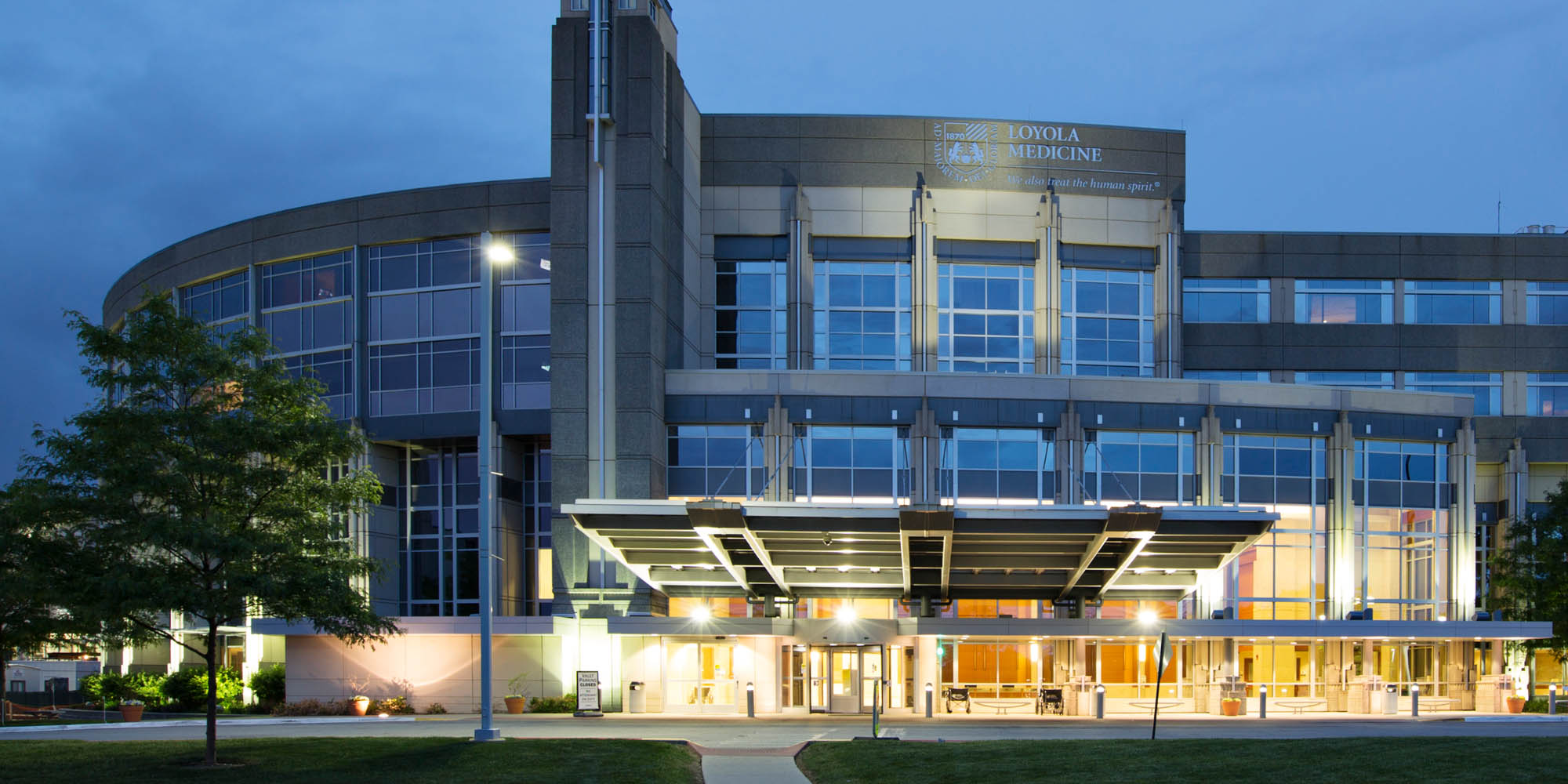Headache medicine is a neuro-subspecialty concerned with the diagnosis and treatment of head and face pain. Its scope includes the diseases or categories of disease causing central and peripheral disturbance of structures or functions causing head and face pain and includes both primary and secondary disturbances of these structures or functions.
Consequently, affected patients may present for clinical care in multiple specialty areas including primary care, such as family practice, general internal medicine and specialty care including, but not restricted to neurology, neurosurgery, otolaryngology, physical medicine and rehabilitation, oromaxillofacial surgery and psychiatry.
For these disease management areas, the practitioner of headache medicine is often the principal care physician and may render all levels of care commensurate with his or her training.
The purpose of the training program is to prepare the physician for independent practice of headache nedicine. This training must be based on supervised clinical work with increasing responsibility for all types of patients presenting with head and face pain including outpatients and inpatients.
Our program requires the fellows to obtain competencies in the six areas defined by the Accreditation Council for Graduate Medical Education (ACGME). It is our responsibility to provide precise definitions of specific knowledge, skills and attitudes, as well as education opportunities in which the fellow may demonstrate competence in those areas.
Clinical Rotations

Loyola Headache Clinic Rotation
-
Provide family-centered patient care that is development- and age-appropriate, compassionate and effective for the treatment of health problems and the promotion of health
-
Understand the scope of established and evolving biomedical, clinical, epidemiological and social-behavioral knowledge needed by a headache physician
-
Demonstrate the ability to acquire, critically interpret and apply this knowledge in patient care
-
Demonstrate interpersonal and communication skills that result in information exchange and partnering with patients, their families and professional associates
-
Demonstrate knowledge, skills and attitudes needed for continuous self-assessment, using scientific methods and evidence to investigate, evaluate and improve one's patient care practice
-
Demonstrate a commitment to carrying out professional responsibilities, adherence to ethical principles and sensitivity to diversity
-
Understand how to practice high-quality health care and advocate for patients within the context of the health care system
Research Rotation
-
Develop familiarity and competency in headache research methods
-
Formulate a hypothesis in relation to the disorder and conduct a research study
-
Design research study capable of advancing basic knowledge and quality improvements in the area of patient care
-
Present the results of one or more headache research proposals at a regional/national meeting
-
Submit one or more research papers to a peer review journal
-
Acquire skills in oral presentation of research studies and didactic material
Elective Rotation
The program encourages two months of an elective rotation which allows the fellow opportunity to gain further clinical and/or academic exposure within an area of special interest. Such areas include pain medicine and neuroradiology, among others.
Fellow Education
Education Experience
| Offered Weekly |
| Neuroradiology Conference |
| Epilepsy Conference |
| Vascular Conference |
| Neuromuscular Conference |
| Grand Rounds |
| Headache Case Lecture |
| Pediatric Headache Lecture |
| Treatment of Inpatient Headache Lecture |
| |
| Offered Monthly |
| Journal Club |
| |
| Offered Annually |
| Annual Practicing Physician's Approach to the Difficult Headache Patient Conference |
| Headache Update Conference |
Scholarly Activity
The Department of Neurology at Loyola Medicine has a commitment and responsibility for establishing and maintaining an environment of inquiry and scholarship. Both faculty and fellows participate actively in some form of scholarly activity.
Scholarship is defined as activities unrelated to the specific care of patients, which includes scholarship pertaining to research, writing review papers, giving research-based lectures and participating in research-oriented journal clubs. Enclosed are several activities from our past fellows:
-
Bashir, F. A Case for Boswellia Serrata in the Treatment of Cervicogenic Headaches
-
Doerrler, M, Gutgsell, O, Schneck, M, Biller, J. Headaches in Post-Craniotomy Patients
-
Doerrler, M, Biller, J. Post-Surgical Headaches and Their Management
-
Bashir, F. American Headache Society 60th Annual Scientific Meeting
-
Bashir, F. Poster Presentation, American Academy of Neurology (AAN) National Conference, April 2018, Los Angeles, CA
-
Bashir, F, Doerrler, M. Headache Update 2018, July 2018, Lake Buena Vista, FL
-
Kariyanna, S. Outcome of Inpatient Management of Refractory New Daily Persistent Headache, 18th Congress of the IHS in Sept 2017


